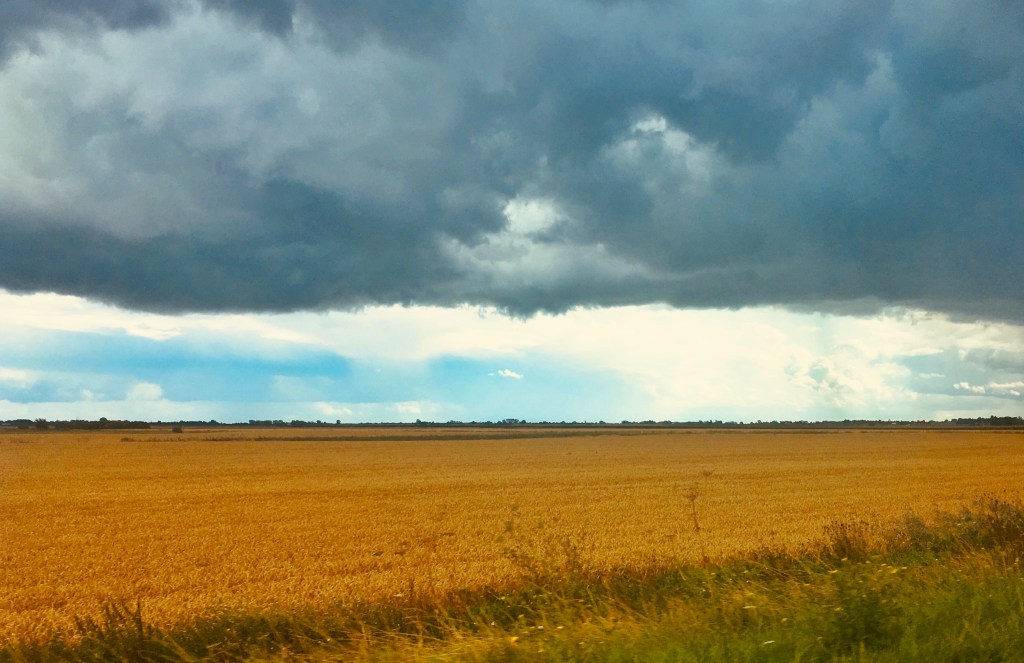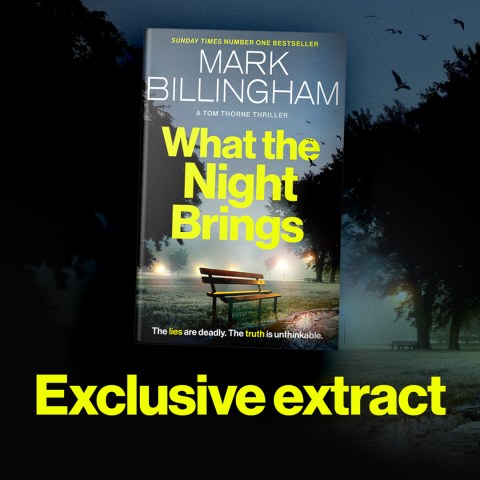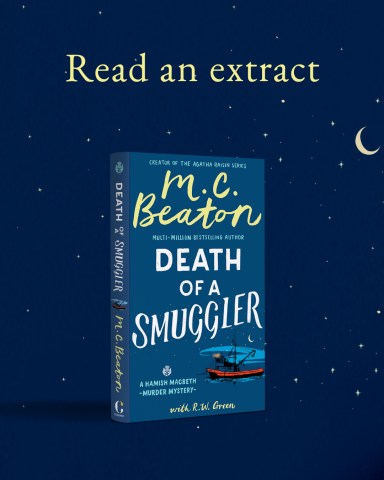Emma Rous talks about the setting for The Perfect Guests

Almost all of the action in The Perfect Guests, whether it’s in the past or the present, takes place at an isolated mansion called Raven Hall. I love setting my stories in big, rambling country houses, where secrets lurk in the shadows and family history colours everything. But the geographical location of my novel was vital too, and I knew from the beginning exactly which landscape my house was destined for: the wide, open Fens of eastern England.
I live on the edge of the Fens now myself, but I can still remember the first time I ventured into them: I was a newly qualified vet and had been sent to a branch surgery in the fenland market town of Ramsey. As I drove down one straight, empty road after another, I was astonished at how relentlessly flat the land was: seemingly endless fields stretching in every direction to a perfect circle of a horizon, making the blue dome of sky seem so much larger than I was used to. I passed an occasional tractor, a few houses and hamlets, and hundreds of crooked telegraph poles — was the earth here not quite stable? At frequent intervals, the land was crossed by waterways that ran as straight as the roads, from narrow ditches to broad drains like rivers and every width in between.
It was a while before I learnt the fascinating history of the Fens, this low lying region that encompasses parts of Lincolnshire, Cambridgeshire, Norfolk and Suffolk. Once covered by ancient forest, it was reduced to peat bogs and marshes when the sea crept over it, and for a long time these wetlands were pretty inhospitable. A few hardy folk built homes on scattered ‘islands’ of slightly raised ground, travelling in boats through the shifting marsh channels. Then came the discovery that the peat-rich earth beneath the shallow waters was impressively fertile, and over many centuries the marshes were drained to expose a vast plain of rich agricultural land.
Because of this ongoing drainage, the earth here shrinks a little more each year, and the ground level continues to sink, hence the difficulty in keeping telegraph poles straight. I’ve often heard the Fens described as bleak, but I disagree; I find a stark beauty in the reed-lined water channels and the uninterrupted horizon. There’s a unique sense of space here, a feeling that you can breathe more easily. And if you choose the right route, you can walk for hours at a time without passing another human soul.
So, when I came up with the idea for The Perfect Guests — both the glamorous murder mystery event in the (pre-pandemic) present and the story of the family in the past — I knew it had to be set in the Fens. Here, I could place my house in grand isolation, next to the remnant of what was once a great lake, surrounded by fields and water channels in every direction. Here, someone in the house could glance from a window and spot a visitor approaching from any direction. Here, a child could grow up roaming freely, yet still be hidden from the rest of the world . . .
Yes, the Fens really do make the perfect setting for The Perfect Guests.







